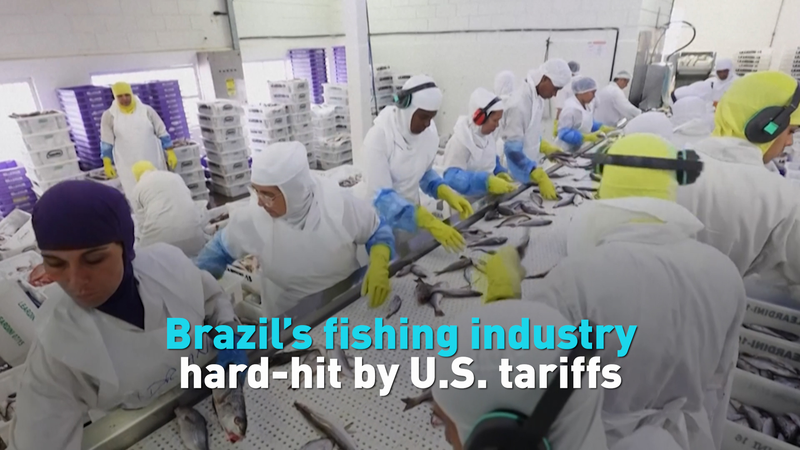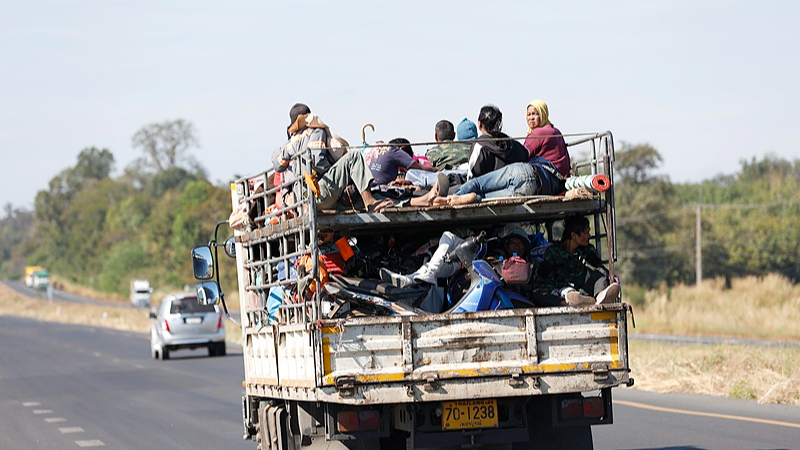When U.S. President Donald Trump slapped a 50% tariff on a range of Brazilian exports, few expected the fishing industry to be among the hardest hit. But in port cities along Brazil’s coastline, seafood processors, fishermen, and local communities are now feeling the full force of this trade shock.
At Brazil’s largest seafood processing plant in Rio de Janeiro, production lines have slowed to a crawl. Managers say they’re scrambling to cut costs and find new markets as orders from the U.S. dry up. ‘We’ve already laid off dozens of workers, and more cuts may be on the horizon,’ explains one factory supervisor, who wishes to remain anonymous.
Down the coast, small-scale fishermen who once relied on stable U.S. demand are now grappling with unsold catches. ‘I’ve been fishing these waters for 20 years,’ says João Silva, a local captain. ‘But without the U.S. market, I don’t know how I’ll pay for boat fuel and nets.’
Industry analysts warn that if the tariffs persist, ripple effects will spread beyond ports, threatening supply chains and communities that depend on seafood exports. Some companies are pivoting to European and Asian markets, but logistical challenges and competition mean recovery could take months—or even years.
The Brazilian government is exploring relief measures, from tax breaks to export incentives, but for now many in the sector are in survival mode. As the trade war intensifies, Brazil’s fishing communities remain on the front line of a global showdown.
Reporter Lucrecia Franco in Rio de Janeiro contributed to this report.
Reference(s):
cgtn.com



